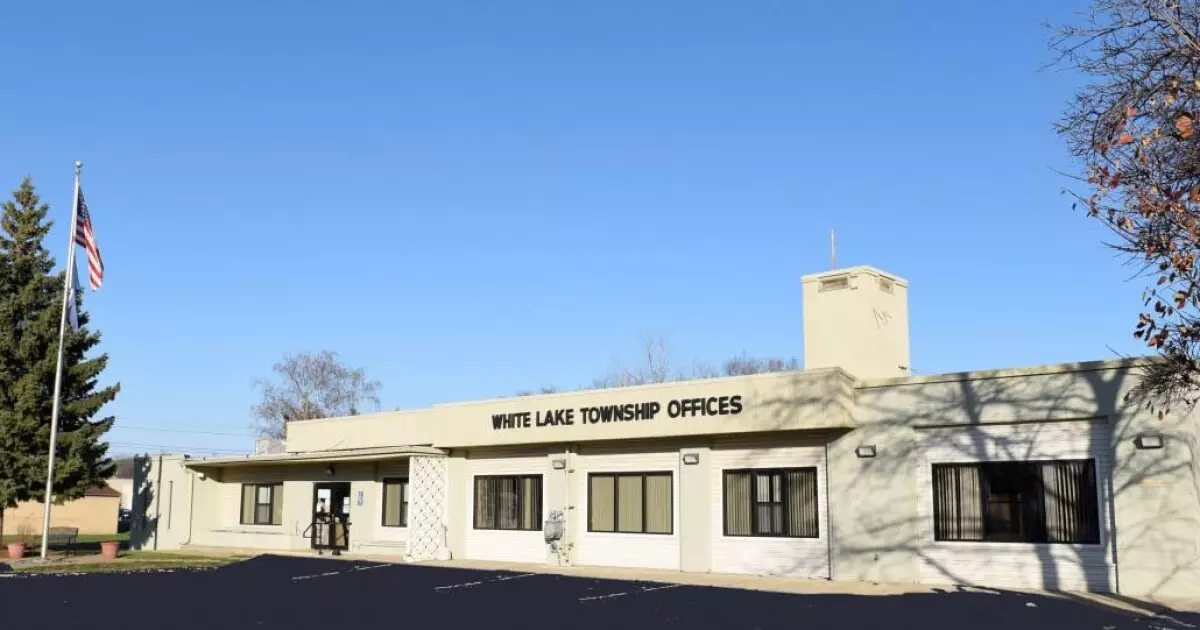In November 2022, White Lake Township, Michigan, became the target of a troubling cybersecurity attack that disrupted its financial aspirations. The incident, which resulted in the cancellation of a $29 million bond sale intended for a civic center project, has sparked a robust response from local officials as they work to rebuild trust and safeguard future transactions. This incident serves as a stark reminder of the vulnerabilities that municipalities face in an increasingly digital age.
According to statements from White Lake Township Police Chief Daniel Keller, the township’s plans to issue bonds were severely hampered when it was discovered that fraudulent activities through a hacked email account led to misdirected funds. In a deeper revelation, it was revealed that a “third-party criminal actor” had not only infiltrated an official’s email account but had also convincingly impersonated township personnel, thereby securing false wiring instructions for the bond transaction. This breach resulted in $7.7 million remaining unaccounted for after the $21.3 million recovery by the winning bidder, Robert W. Baird.
The breach exposed significant gaps in the township’s cybersecurity measures. The severity of the situation illustrates a critical lesson for municipalities about the importance of fortified digital practices and the need to stay vigilant against ever-evolving cyber threats. The township is currently assessing how these measures failed and what can be done moving forward to prevent future breaches.
In the wake of this cyber crisis, White Lake Township has not succumbed to despair. A renewed commitment to financial resilience is evident, as officials pivoted towards a different approach for the bond sale, opting for negotiation rather than competitive bidding. Stifel and JPMorgan emerged as lead managers, with Baker Tilly serving as the municipal advisor. This strategic shift is indicative of the township’s adaptive response to the challenges that have arisen.
Furthermore, the township has issued a preliminary official statement for its new bond offering. These actions reflect not only a level of sophistication in crisis management but also an ambition to continue progressing towards developmental goals, including the construction of a public safety headquarters and a township civic building. By reaffirming their commitment to these projects, local leaders signal their resilience against setbacks.
As highlighted by Omid Rahmani at Fitch Ratings, White Lake Township’s cyber incident is a reminder that the threat of cybersecurity breaches is no longer hypothetical. Instead, municipalities across the nation must prioritize cybersecurity training for staff, focusing on the potential for social engineering attacks similar to the one experienced by White Lake Township. The ongoing challenge lies in enhancing awareness and creating a culture of security within public finance sectors.
The Government Finance Officers Association (GFOA) recently addressed these concerns, emphasizing the urgency for industry-wide best practices given the growing sophistication of fraudsters. Municipalities must amp up their efforts in educating officials about potential risks and bolstering defenses against such invasive tactics.
In the context of recovery from cyberattacks, it is crucial to address how municipalities can mitigate the financial fallout. White Lake Township is notably equipped with a cyber insurance policy from the Michigan Municipal Risk Management Authority, which will aid in covering legal and investigative expenses. As the forensic investigation continues, potential legal repercussions linger, creating uncertainty about completely recovering lost funds.
S&P Global Ratings has underscored both the immediate and long-term consequences of the hack, pointing out that the township’s financial integrity was tested amid construction cash flow challenges. As such, there is anticipation of contingent liability risks that could evolve, impacting the township’s financial health.
The journey for White Lake Township following the cybersecurity breach is far from over. Yet, the proactive measures being taken, from revising their bond strategy to implementing rigorous cybersecurity practices, reveal a commitment to not only recover but also to grow stronger. This incident serves as a cautionary tale for other municipalities that the digital landscape presents real dangers, warranting continual vigilance and adaptive strategies.
As White Lake Township forges ahead, its experience will serve not only as a learning opportunity for its officials but also as a valuable case study for communities nationwide in managing the consequences of cyber threats. The resilience shown in the face of adversity will likely strengthen the township’s infrastructure and instill a culture of preparation and response in the years to come.

